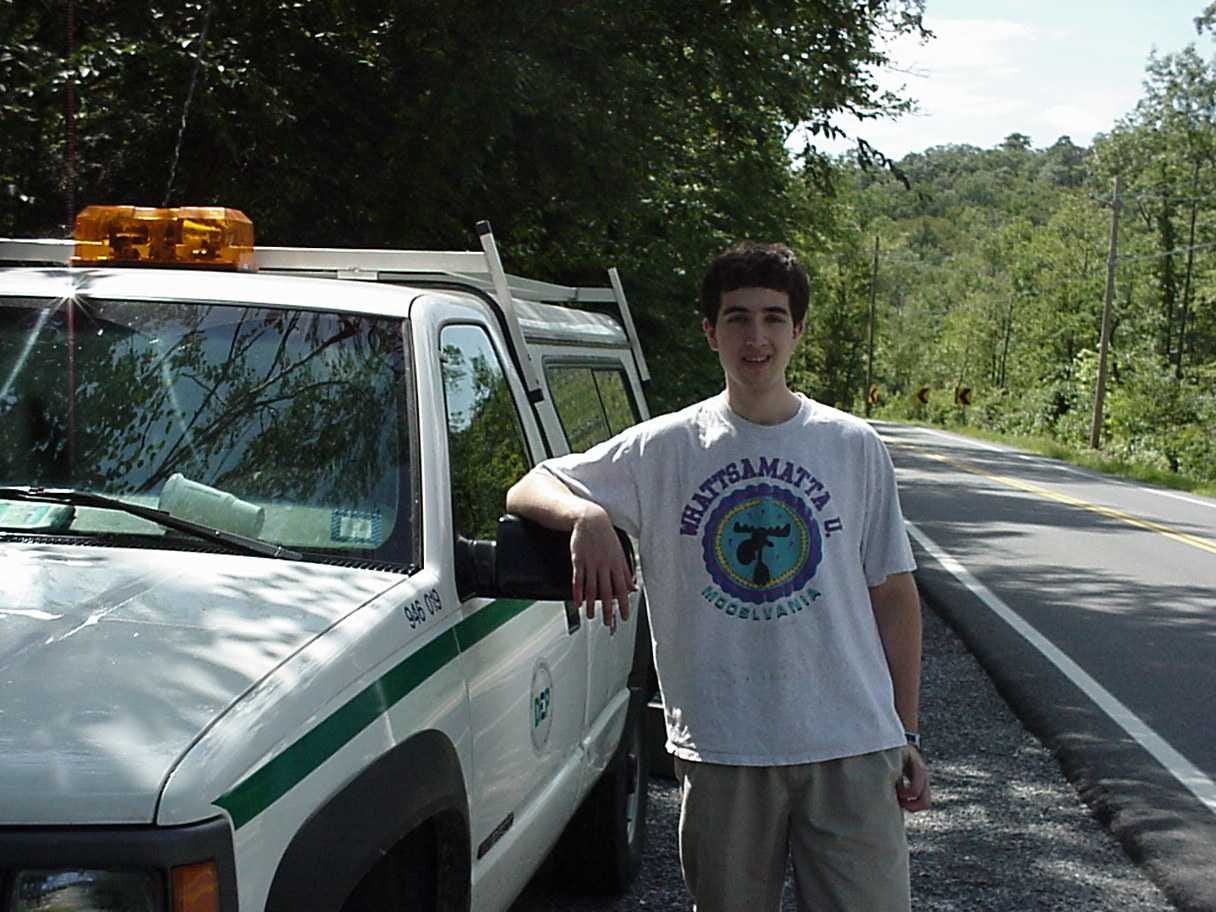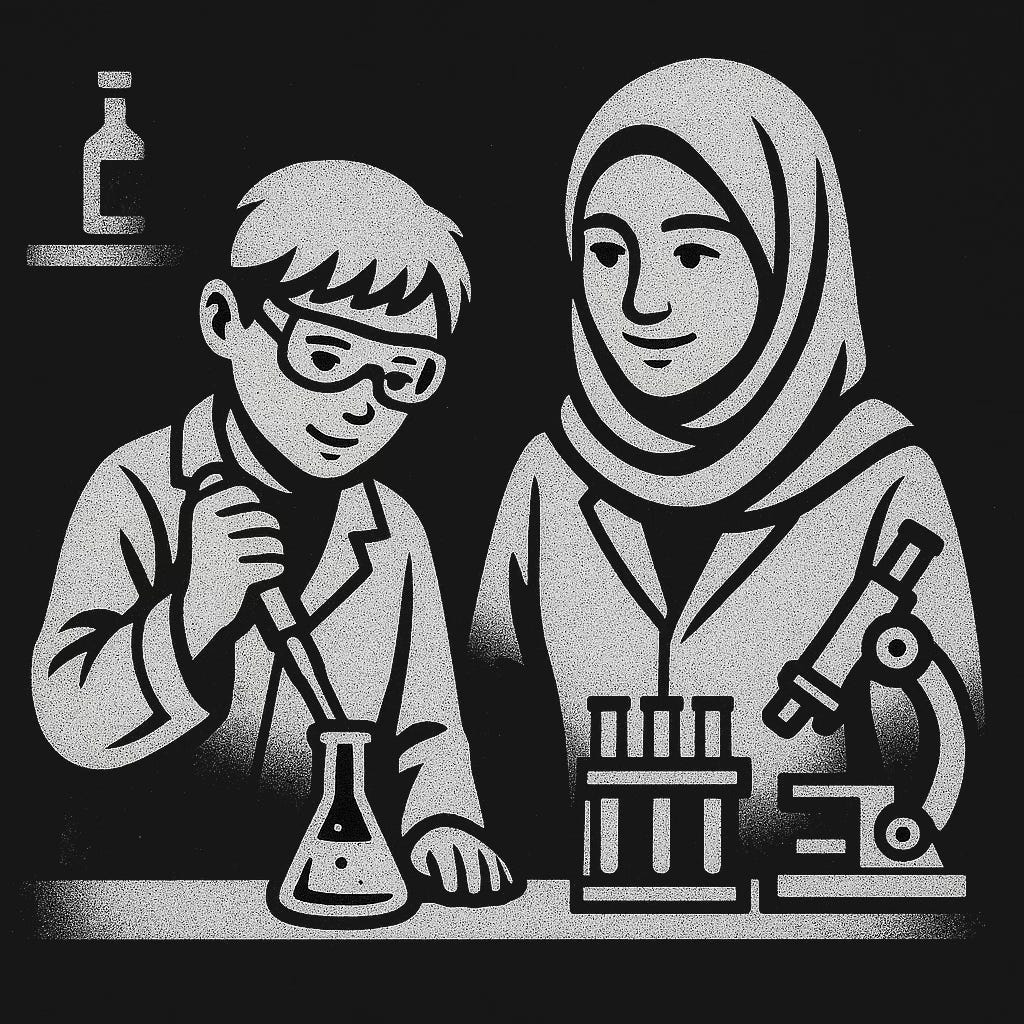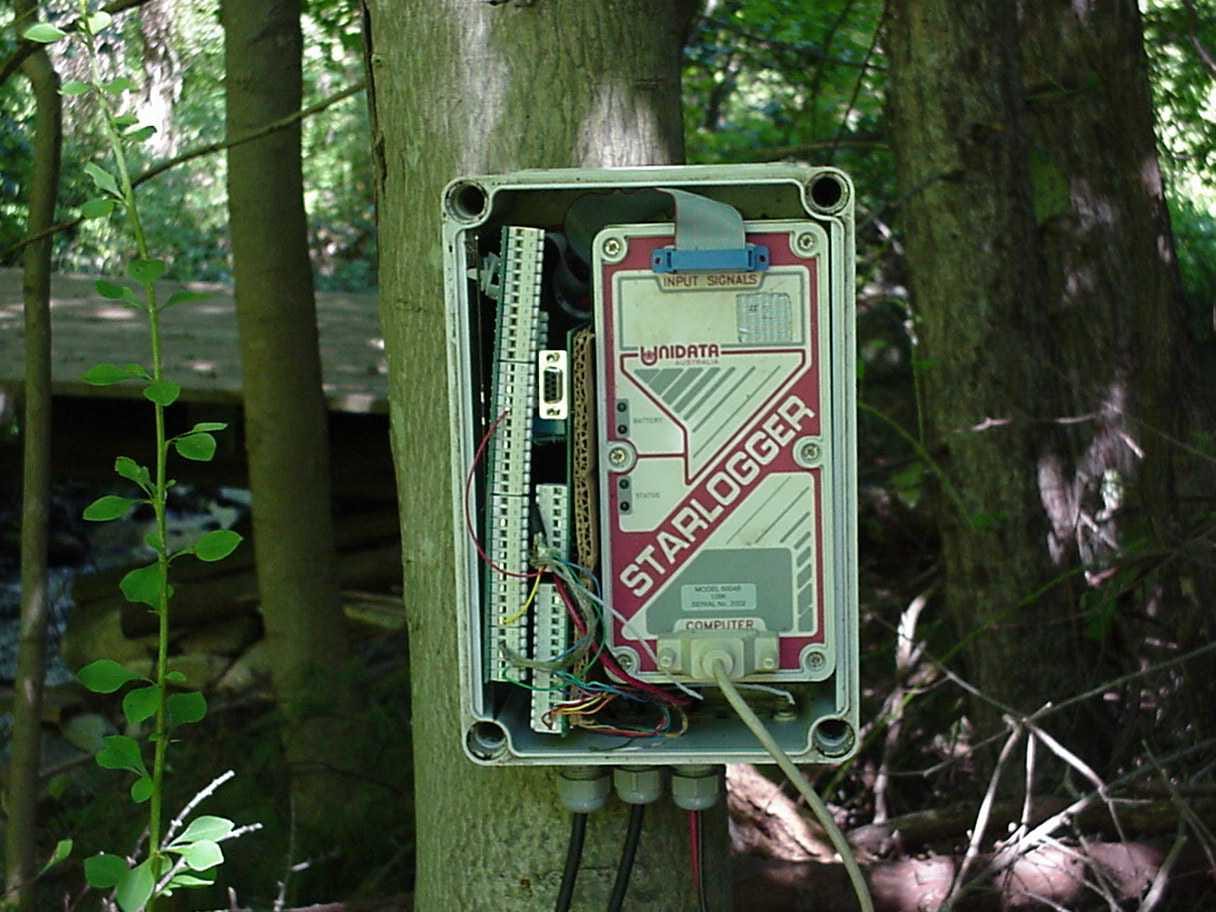Science Vocational School
What if we started budding scientists with practical work around age 15
At age 15 Dan was an unpaid intern working on watershed monitoring for the City of New York. He hiked equipment into the woods of Dutchess County to build sampling stations, while picking up bits of geographic information systems, instrument control, and environmental science from the experienced researchers whose gear he carried. Their work showed that wetlands do not filter giardia and cryptosporidium out of New York City’s water supply, leading NYC to build an ultraviolet light disinfection facility a few years later. Dan wouldn’t do science that useful again until age 20.
Dan went to a well-funded public high school that connected him to this internship, but you don’t need to be born lucky to haul equipment while listening carefully and there’s plenty of that kind of work to go around.
We routinely teach the building trades and CNC machining to high-schoolers and recent graduates. A lot of the work that PhD students do is not so different but considerations of status lead us to incorrectly put science PhD programs in a different conceptual category. If we started budding scientists with practical work around age 15 and made theoretical knowledge available to them as needed, they could reach a similar total knowledge endpoint as today’s scientists earlier in life and with the perspective of someone who has had to apply what they’ve learned at every stage.
The idea of hands-on education in sophisticated topics occurs repeatedly in young-adult fiction. It’s called magic school. Education at Hogwarts is fundamentally practical; students ages 11 to 18 practice spells and potions that they’re expected to need for the rest of their lives. The professors at Hogwarts are such experts in their fields that when Harry Potter’s fictional world needs saving, the faculty are on the front lines. This fantasy of hyper-competent teachers leading you through work that you’ll actually use is at least as compelling to smart kids as learning magic.
Bundling undergraduate education with research is an arbitrary choice; an institution could choose to bundle high school with research instead.





Thank you for all these suggestions. I am curious if you know how you would implement these ideas. I have some similar ideas and I would love to collaborate on these efforts.